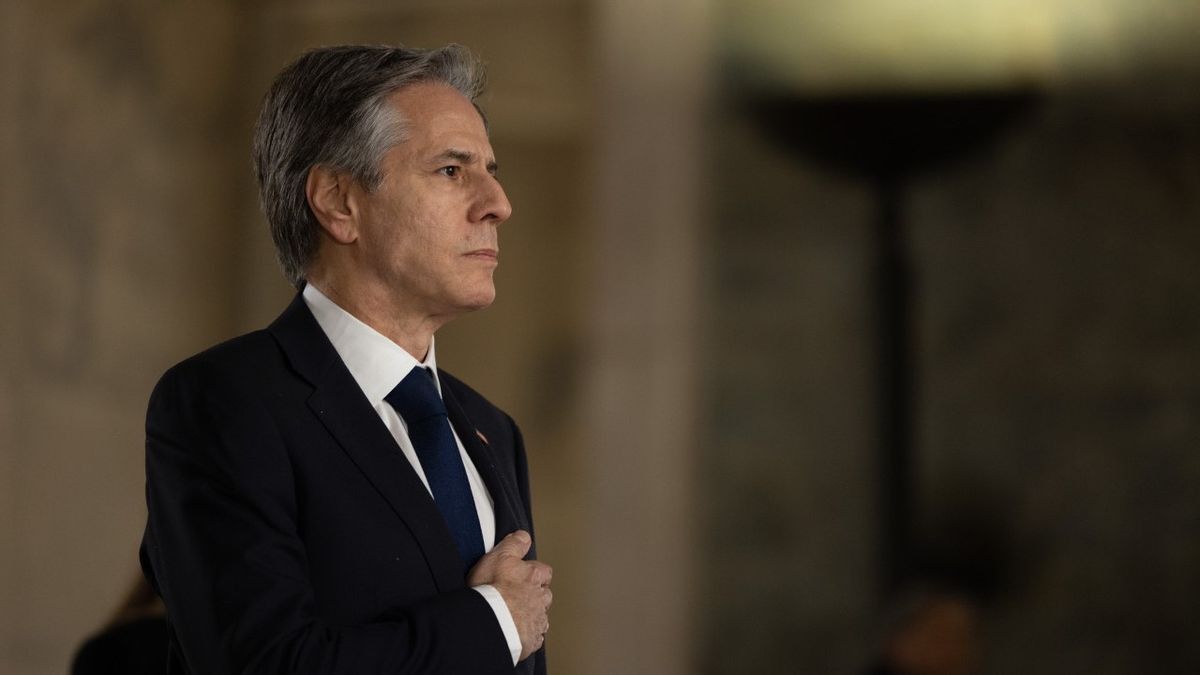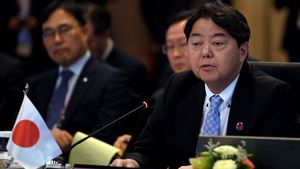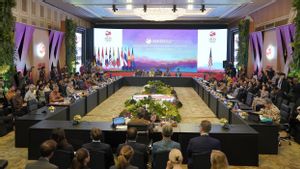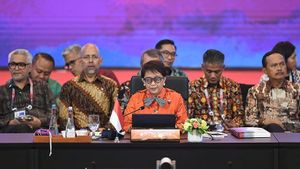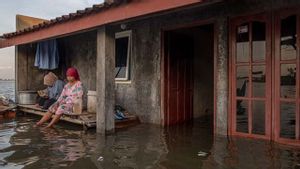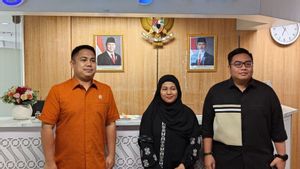JAKARTA - The United States (US) is committed to a rule-based non-proliferation regime in responding to ASEAN's efforts to create nuclear-free areas.
When asked about the possibility of the US to sign a Southeast Asian Nuclear Weapons Free Contract (SEANWFZ) protocol, United States Secretary of State Anthony Blinken stated that answering the US really appreciates ASEAN's leadership in the issue.
"And we hope to continue and even intensify negotiations with ASEAN," he said.
Indonesia on Tuesday (11/7) chaired the SEANWFZ Commission Meeting to discuss the promotion of signing the Southeast Asian agreement protocol as a nuclear free zone.
The Southeast Asian Agreement as a Nuclear Free Zone or known as the Bangkok Agreement was signed in 1995 by all ASEAN member countries.
The agreement stipulates that the countries that sign the treaty cannot "develop, manufacture or acquire, own, or have control of nuclear weapons", "place or transport nuclear weapons in any way", or "test or use nuclear weapons."
The protocol was made not only for ASEAN members, but also for five countries that own nuclear weapons, namely China, Russia, France, Britain, and the US to realize nuclear-free areas in Southeast Asia.
However, 28 years since the SEANWFZ treaty was signed by 10 ASEAN member countries, no nuclear weapons-owning country has yet made access to the agreement protocol.
VOIR éGALEMENT:
China has expressed its readiness to access the protocol, but there has been no follow-up.
Meanwhile, Russia said it was ready to sign the agreement on the condition that all countries fulfill their obligation not to develop or place any nuclear weapons, Russian Foreign Minister Sergey Lavrov said Thursday (13/7).
Indonesian Foreign Minister Retno Marsudi previously stated that ASEAN would review the contents of the protocol so that nuclear weapons-owning countries could also sign and ratify the SEANWFZ agreement protocol.
"We will continue communication with each other... assigning our negotiators to return to see (the protocol) because there are several sentences in the paragraph that have not been approved," Retno said on Tuesday (11/7).
The English, Chinese, Japanese, Arabic, and French versions are automatically generated by the AI. So there may still be inaccuracies in translating, please always see Indonesian as our main language. (system supported by DigitalSiber.id)
